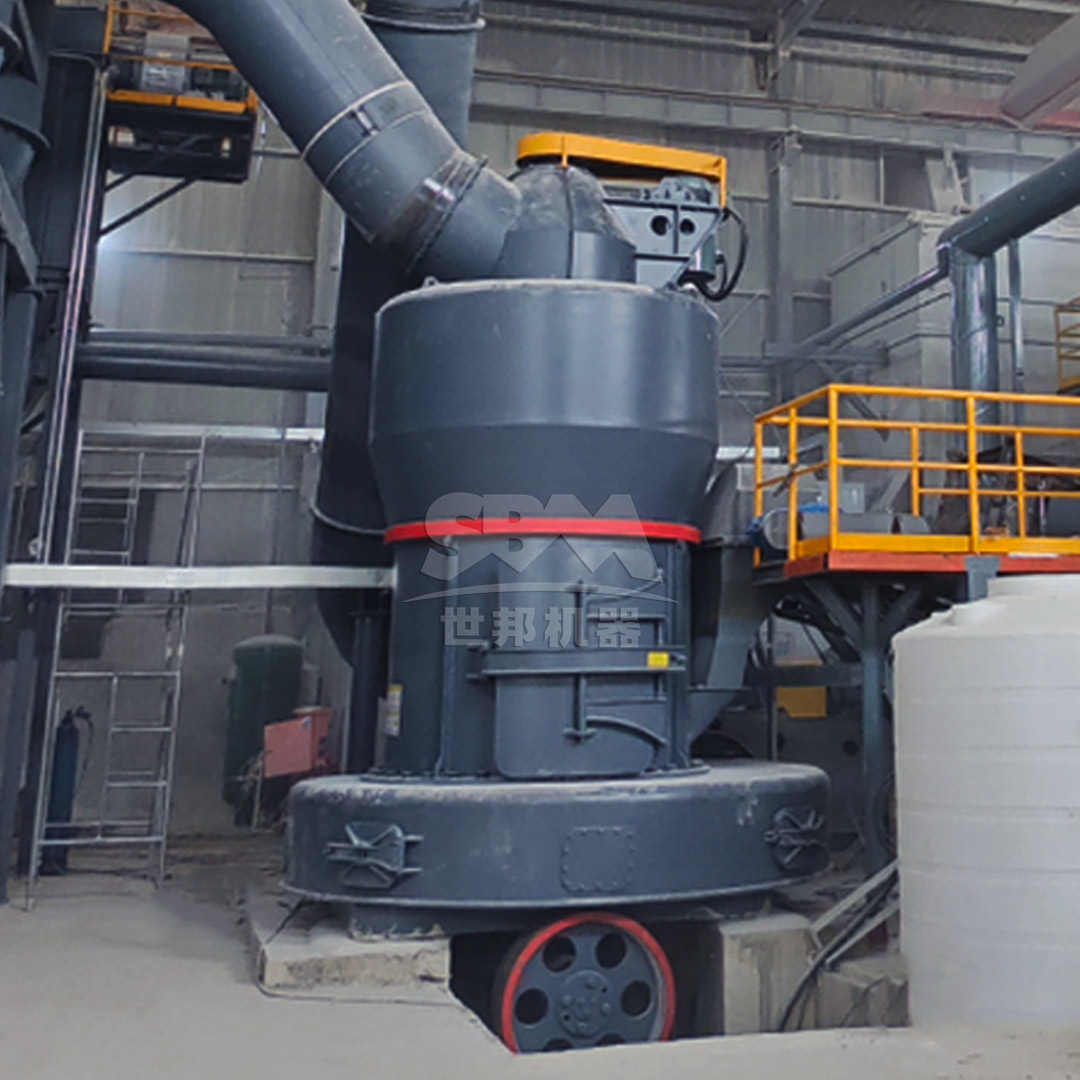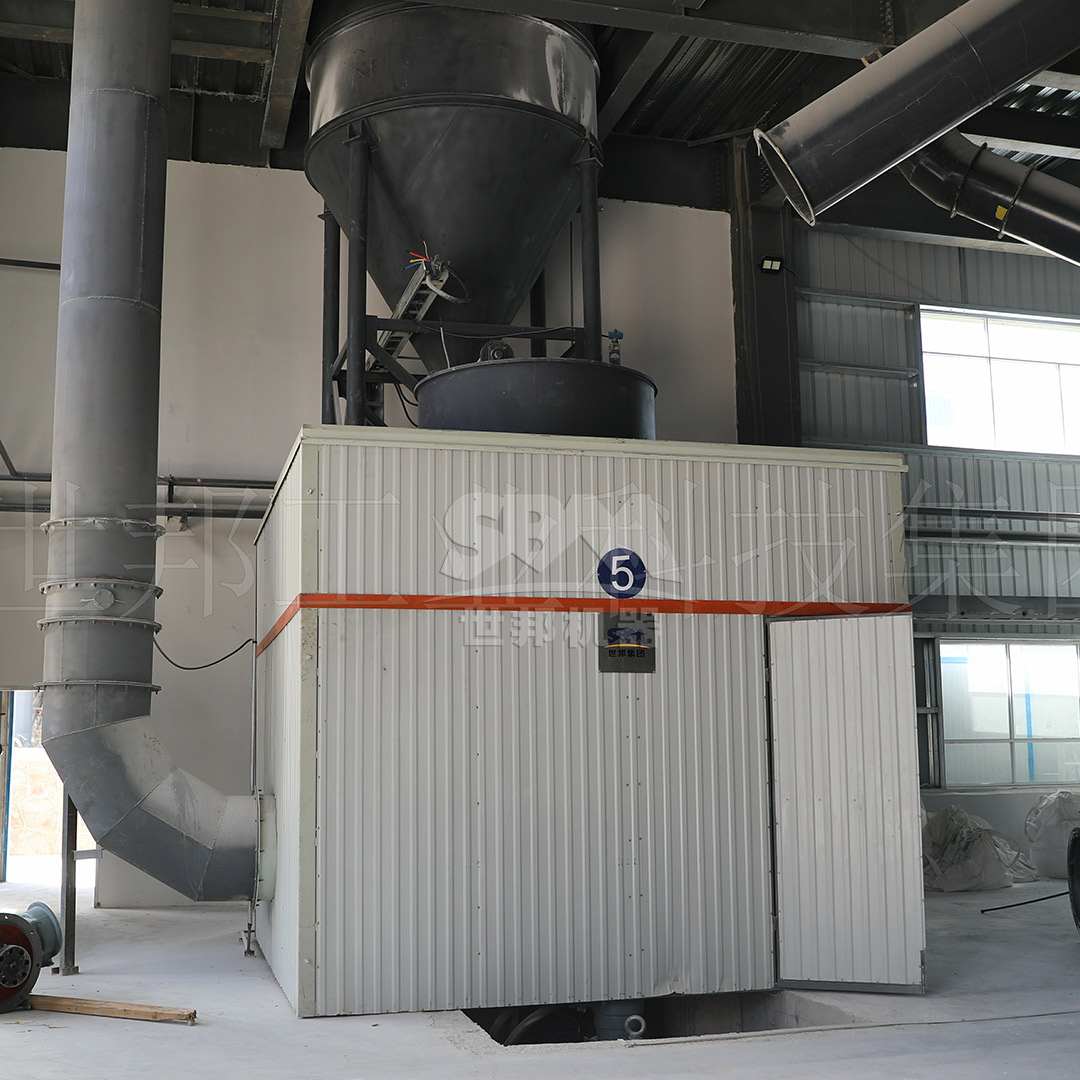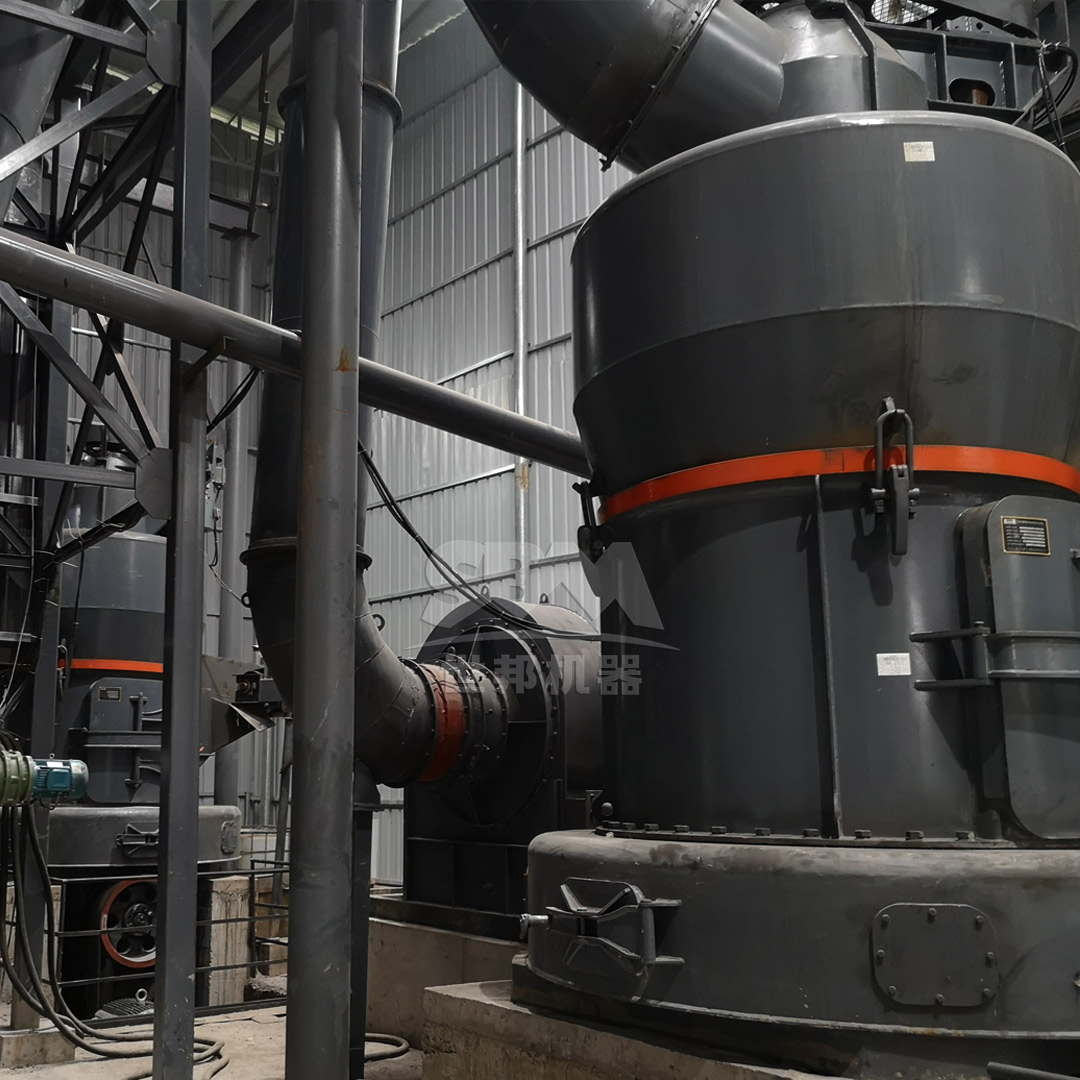Bauxite processing is a critical step in the production of alumina, which serves as the primary raw material for aluminum smelting. China, as the world’s largest producer and consumer of aluminum, relies heavily on efficient and advanced bauxite processing technologies. Among the various equipment used in this process, ball mills play a pivotal role in grinding bauxite ore to the required fineness for further extraction. This article explores the importance of ball mills in bauxite processing, highlights technological advancements, and discusses how modern grinding solutions can enhance efficiency and sustainability in China’s metallurgical industry.

Ball mills are widely used in the metallurgical industry for grinding ores like bauxite to a fine powder, which is essential for the Bayer process—the primary method of extracting alumina from bauxite. The grinding process ensures that the bauxite particles are sufficiently small to react efficiently with sodium hydroxide during digestion. Traditional ball mills, while effective, often face challenges such as high energy consumption, limited output control, and significant wear and tear. However, advancements in ball mill technology have addressed many of these issues, making them more efficient and reliable.
Bauxite ore varies in hardness and composition, which can affect grinding efficiency. High silica content, for instance, increases abrasiveness and accelerates wear on mill components. Additionally, achieving the desired particle size distribution is crucial for optimal digestion and precipitation in the Bayer process. Inefficient grinding can lead to increased energy costs, reduced throughput, and lower product quality.
To overcome the limitations of traditional ball mills, manufacturers have developed advanced grinding solutions that offer higher efficiency, better control over particle size, and reduced operational costs. Among these, the SCM Ultrafine Mill stands out as a superior option for fine and ultrafine grinding applications. This mill is designed to handle materials with input sizes up to 20mm and produce outputs ranging from 325 to 2500 mesh (D97 ≤ 5μm), with processing capacities from 0.5 to 25 tons per hour depending on the model.
The SCM Ultrafine Mill incorporates several innovative features that make it ideal for bauxite processing:
For bauxite processing plants looking to improve efficiency and reduce costs, the SCM Ultrafine Mill offers a reliable solution. Its models, such as the SCM800, SCM900, and SCM1680, cater to various production needs, making it a versatile choice for the metallurgical industry.

While ball mills are still prevalent in many bauxite processing plants, advanced mills like the SCM Ultrafine Mill and MTW Series Trapezium Mill offer distinct advantages. The MTW Series Trapezium Mill, for example, handles input sizes up to 50mm and produces outputs from 30 to 325 mesh, with capacities ranging from 3 to 45 tons per hour. Its curved air duct design reduces energy loss, and its combined shovel blades lower maintenance costs.
| Feature | Traditional Ball Mill | SCM Ultrafine Mill | MTW Trapezium Mill |
|---|---|---|---|
| Input Size | ≤25mm | ≤20mm | ≤50mm |
| Output Fineness | 0.074-0.8mm | 325-2500 mesh | 30-325 mesh |
| Energy Consumption | High | Low (30% savings) | Moderate |
| Maintenance | Frequent | Low | Moderate |
This comparison highlights how modern mills can provide better performance and cost-efficiency compared to traditional ball mills.
Several bauxite processing plants in China have successfully integrated advanced grinding mills to enhance their operations. For instance, a plant in Shanxi Province replaced its traditional ball mills with SCM Ultrafine Mills, resulting in a 40% reduction in energy consumption and a 25% increase in output quality. The mill’s ability to produce ultra-fine bauxite powder improved digestion rates in the Bayer process, leading to higher alumina recovery.

The future of bauxite processing in China lies in adopting energy-efficient and environmentally friendly technologies. As the industry moves towards greener practices, mills like the SCM Ultrafine Mill and MTW Trapezium Mill will play a crucial role. We recommend that processing plants evaluate their current grinding systems and consider upgrading to advanced mills to stay competitive. For specific needs, our SCM series offers tailored solutions that can significantly improve operational efficiency.
Ball mills have long been a staple in bauxite processing, but technological advancements are paving the way for more efficient alternatives. The SCM Ultrafine Mill, with its high precision, energy savings, and durability, represents the future of grinding in the metallurgical industry. By embracing these innovations, China can enhance its bauxite processing capabilities, reduce environmental impact, and maintain its leadership in global aluminum production.